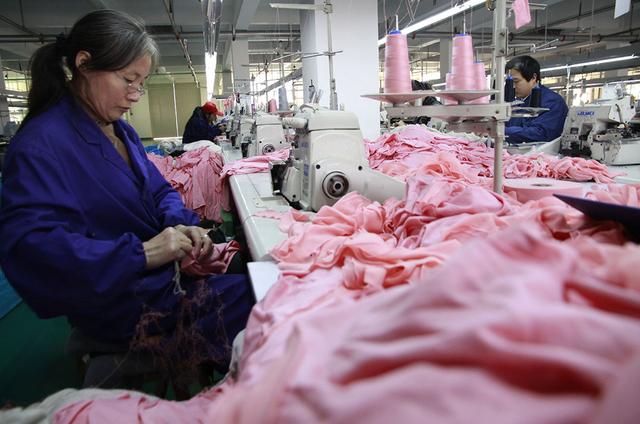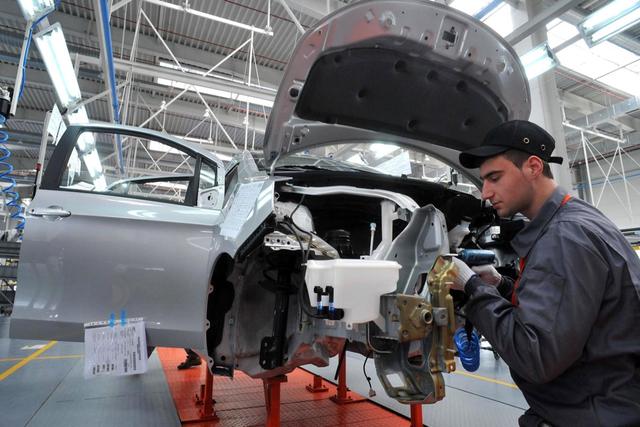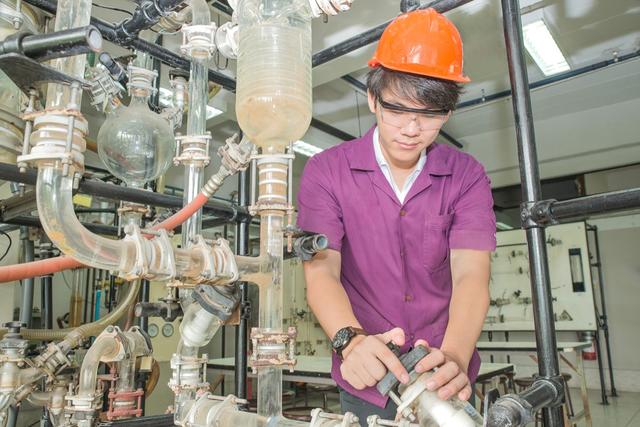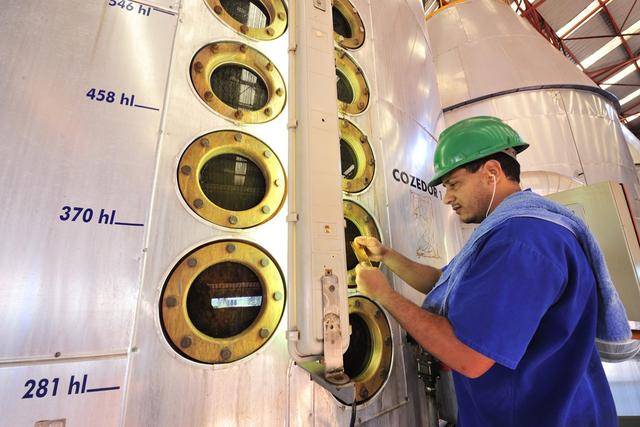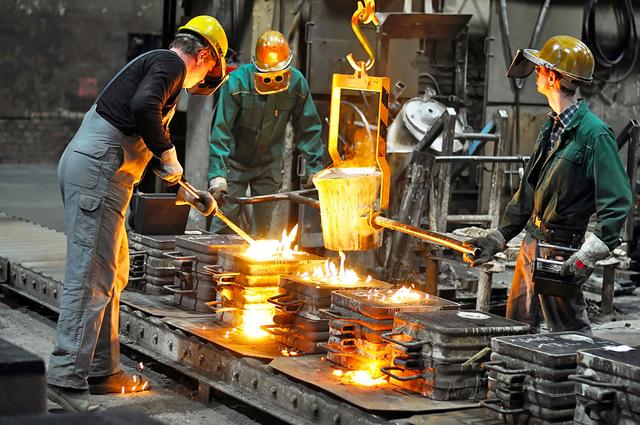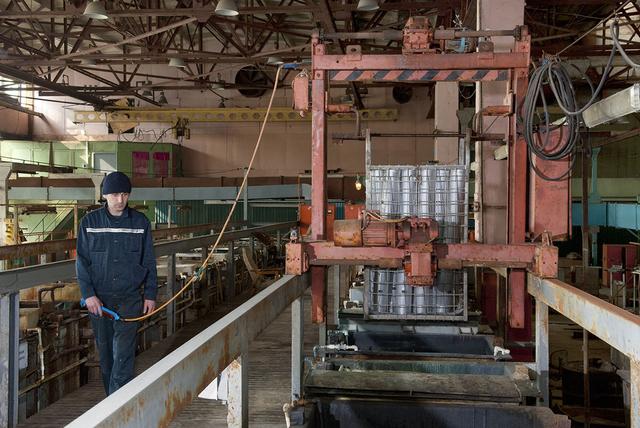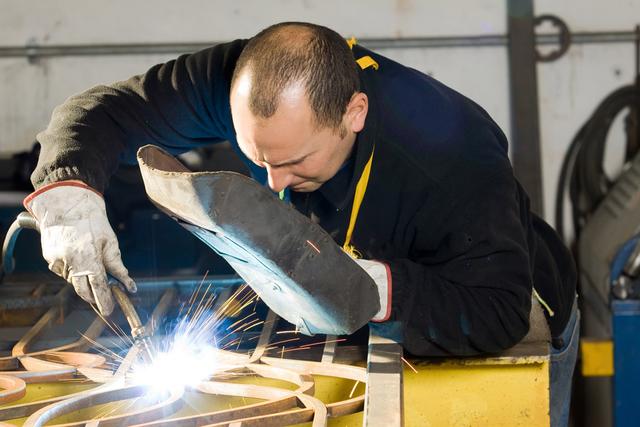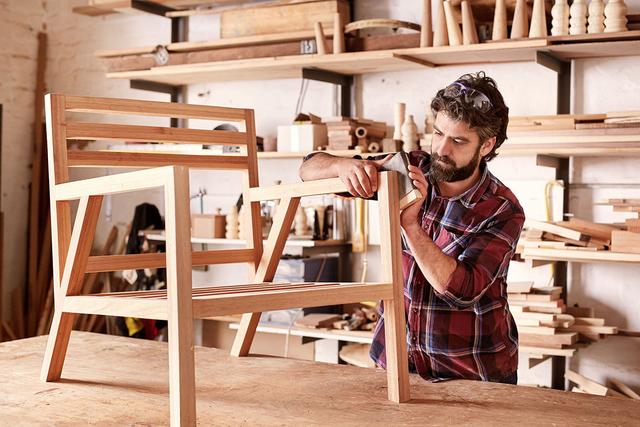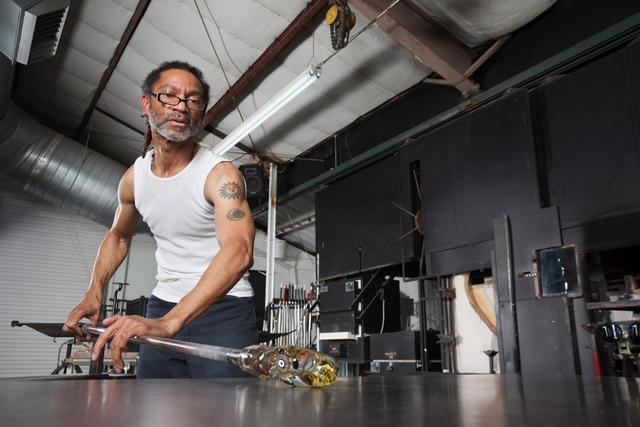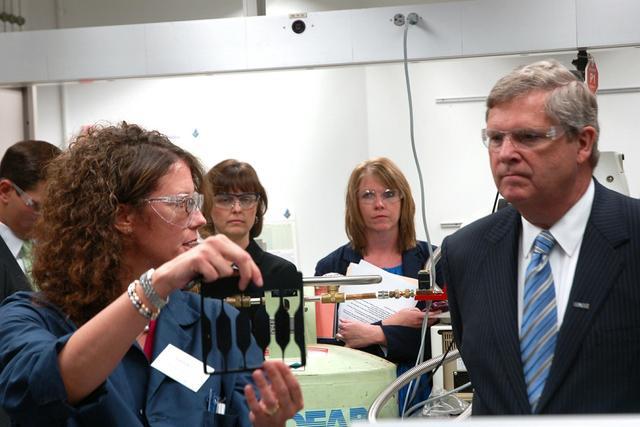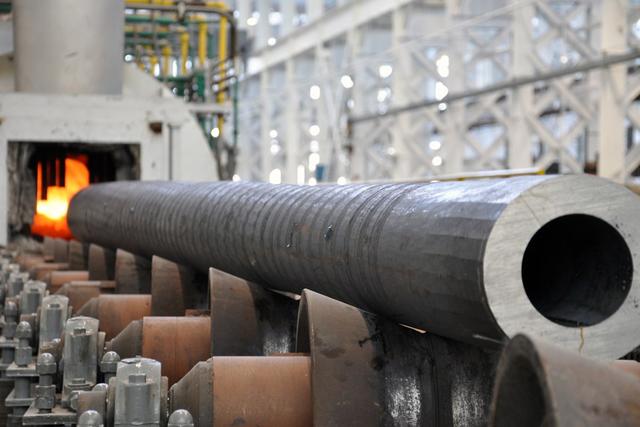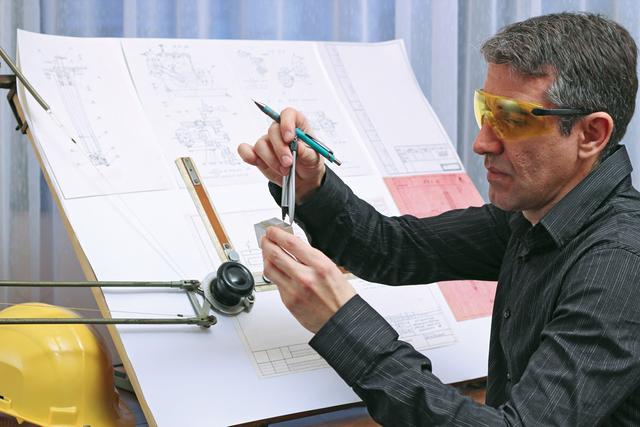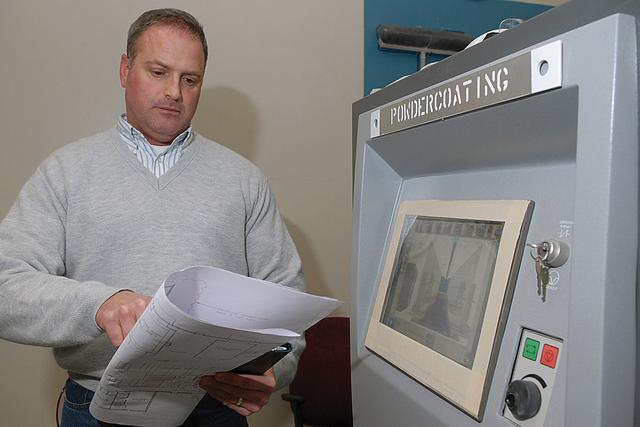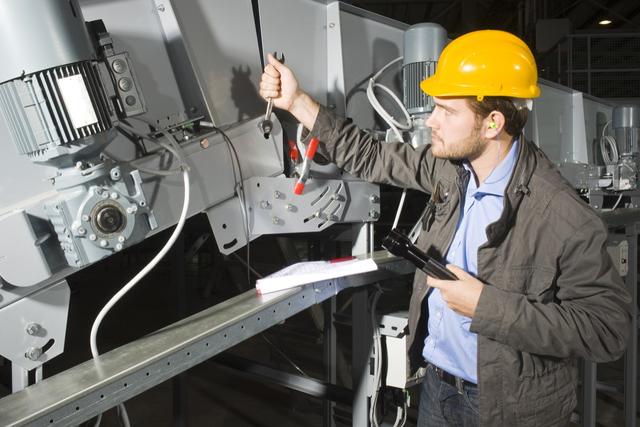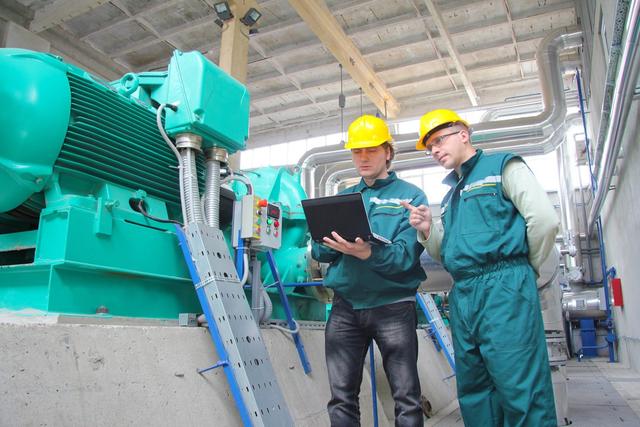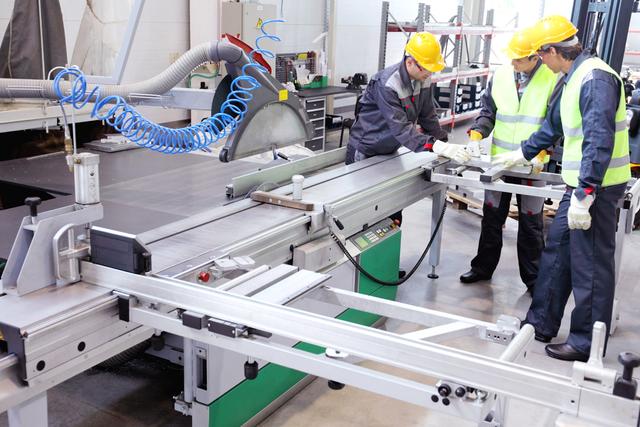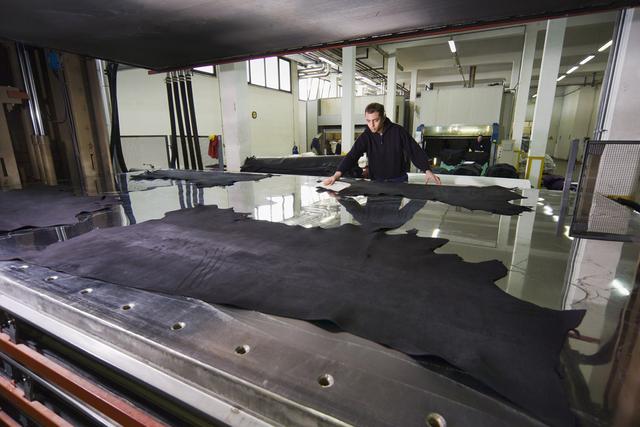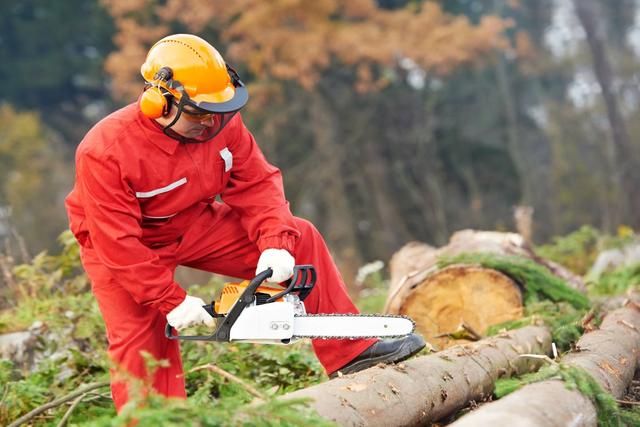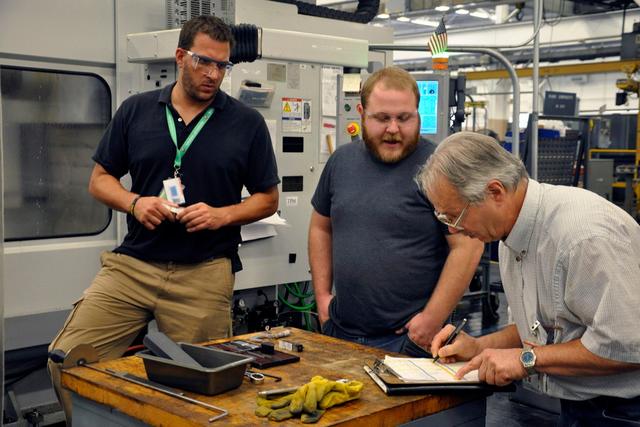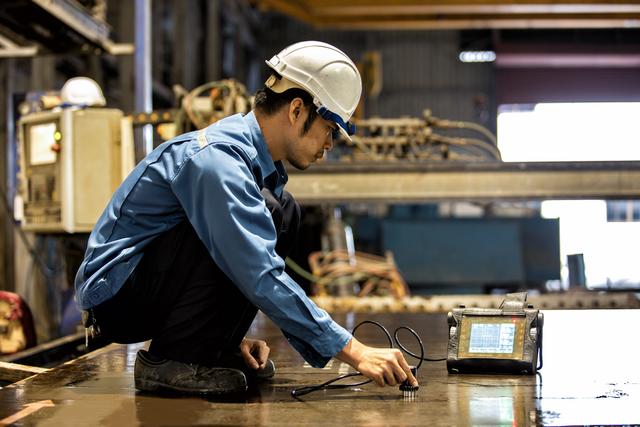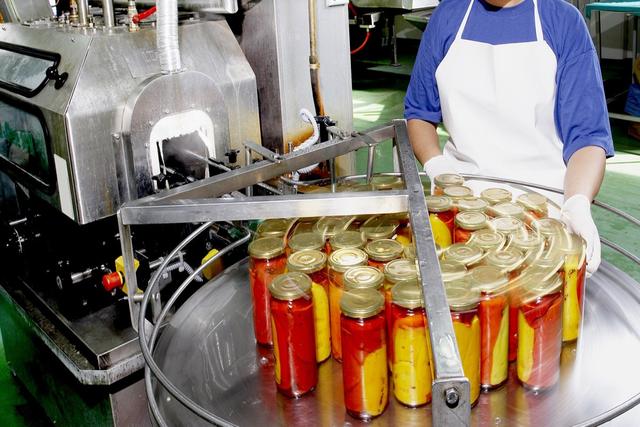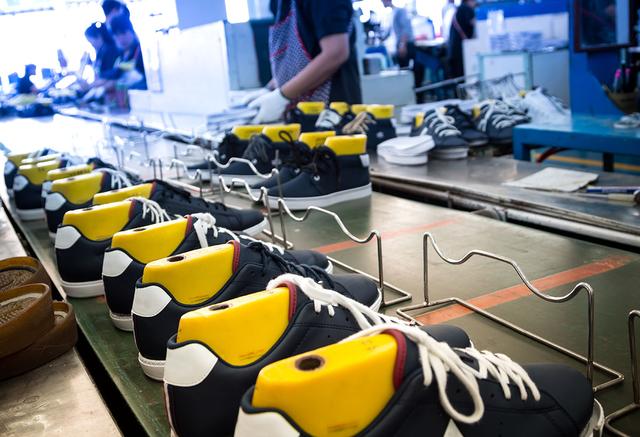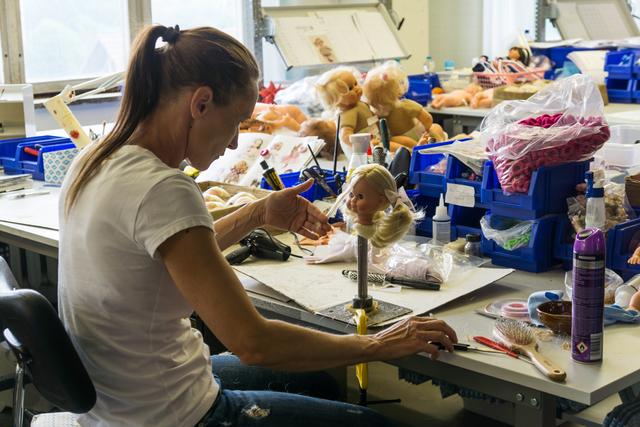Precision Metalworkers
Overview

Introduction
Precision metalworkers are skilled crafts workers who produce the tools, dies, molds, cutting devices, and guiding and holding devices that are used in the mass production of a variety of products. Tool makers produce precision tools for cutting, shaping, and forming metal and other materials. They also produce jigs and fixtures—the devices for holding the tools and metal while it is being worked—and various gauges and other measuring devices. Die makers make precision metal forms, or dies, used in stamping and for...
Quick Facts
Median Salary
Employment Prospects
Minimum Education Level
Experience
Skills
Personality Traits
Earnings
Earnings for tool and die makers are generally good. According to the U.S. Department of Labor, the median annual wage was $61,490 in May 2023. The lowest 10 percent earned $40,560, while the top 10 percent earned more than $81,720. Half of tool and die makers earned between $49,070 and $74,030.
In addition to regular earnings, most precision metalworkers receive benefits such as health ...
Work Environment
Precision metalworkers typically work 40 hours per week, although overtime is not unusual. Most plants that employ these workers operate only one shift per day. They usually work in shops that are adequately lighted, temperature-controlled, and well ventilated. Their work areas are not typically very noisy, as opposed to production departments. There are exceptions, however—tool and die departm...
Outlook
Employment for tool and die makers is expected to decline by 10 percent from 2023 through 2033, according to the U.S. Department of Labor. Demand will be impacted by both advances in automation and foreign competition. However, skilled craftsworkers continue to play a key role in the operation of many firms. As firms continue to invest in new equipment and modify production techniques, they wil...

